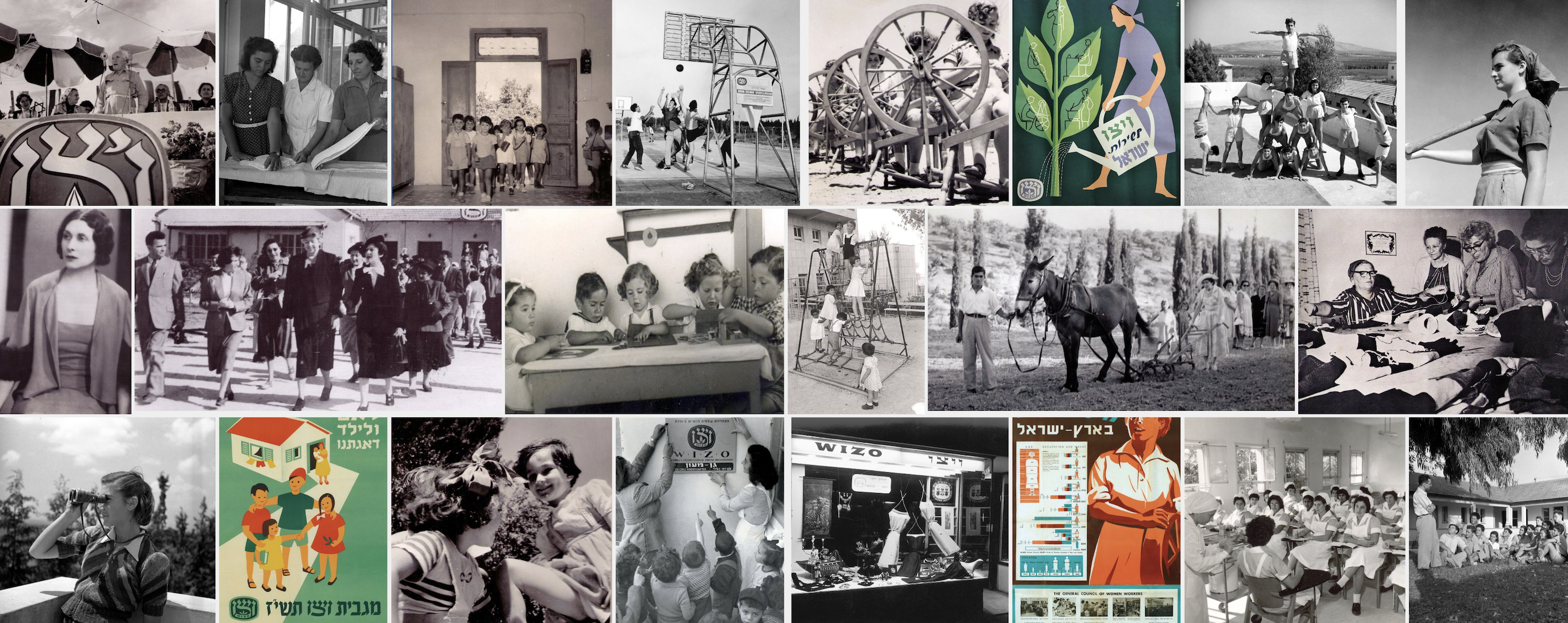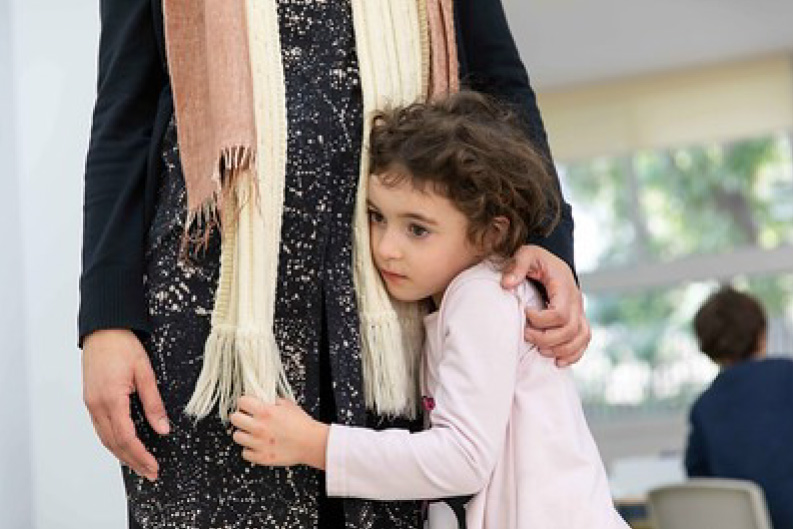
Our History
WIZO has been supporting men, women and children in Israel in all aspects of their daily lives and from all walks of life, including Jews, Arabs, Druze and Bedouins. From humble beginnings, WIZO has grown into the largest non-government supplier of social welfare in Israel. Read about WIZO’s amazing journey which began well before the foundation of Statehood.

1920–1929
WIZO is founded in Great Britain in 1918 by Rebecca Sieff, Vera Weizmann and Romana Goodman with a focus on caring for people in Eretz Israel/Palestine and helping them to achieve a better life.
The organisation is named World WIZO in July 1920. Over the next 10 years, a network of WIZO federations is established throughout Europe.

1930–1939
WIZO focuses on training women in a range of skills, including agriculture, infant care, office administration and immigrant counselling. The large migration of Jews from Eastern and Central Europe to Latin America during these years encourages the formation of 19 new WIZO federations. WIZO Australia is established, with the first WIZO group forming in Melbourne in 1934.

1940–1949
WIZO members witness the annihilation of Jewish communities in Europe and the dissolution of WIZO federations in countries under the control of the Nazi regime. The United Nations resolves to partition the former British mandate over Palestine, setting up a Jewish and an Arab state. WIZO’s head office is transferred from London to Israel, and Rebecca Sieff is elected first President of World WIZO. By 1941, there are 1600 members of WIZO Australia, a figure that grows to about 4,000 by 1948.

1950–1959
WIZO works with new immigrants, hosting families and providing educational and welfare services. Israel passes the Equal Rights for Women law, and the first WIZO advice bureau is opened. WIZO is recognised as a non-government organisation (NGO) and given consultative status with ECOSOC within the United Nations.

1960–1969
WIZO is given a seat in the Executive and voting rights at the 26th World Jewish Congress. WIZO assists the Six Day War effort and builds new day care centres in Jerusalem.

1970–1979
WIZO marks its 50th anniversary in 1970. New branches are opened in air force bases around the country, as well as in Sinai and the Golan Heights. WIZO also launches the first WIZO Club for Druze women and helps in the rehabilitation of Israeli victims of war and terror.

1980–1989
WIZO responds to the mass immigration of Jews and introduces a range of targeted absorption programs across Israel. It opens its first WIZO club for Bedouin women, the first home for girls in distress and the first of a chain of after-school centres for children of working mothers. It also opens its first shelter for battered wives and a 24-hour telephone hotline for battered women, the only one of its kind in the country.

1990–1999
WIZO responds to victims of violence and terror and plays a major role in the fight against sex trafficking. It also brings attention to the increase in spouse murders and initiates the annual International Day Against Violence in the Family. WIZO Israel’s, Department of the Status of Women, plays a major role in the passage of a law for the prevention of sexual harassment. WIZO also opens the first school for political leadership.

2000–2009
World WIZO is awarded the Israel Prize, the country’s most prestigious honour, in recognition of the organisation’s efforts to improve Israeli society. WIZO Israel opens the first School for Political Leadership for Women in Jerusalem and builds the first protected day care centre against Kassam missiles, in Sderot. WIZO also provides shelters for Jewish and Arab residents from Katyusha rockets fired from Lebanon.

2010–2019
WIZO launches the first emergency national men’s hotline staffed by men – the only open line in Israel which takes anonymous phone calls from men. WIZO establishes another new rocket-proof day care centre in Sderot.

2020 - 2022
World WIZO celebrates it centennial year. Due to the worldwide outbreak of the Covid-19 virus, many countries, including Australia, were forced into lockdowns and were unable to celebrate WIZO’s 100th year with large gatherings. Despite the pandemic, WIZO Federations arrange entertaining, fun Zooms to celebrate this colossal milestone.
